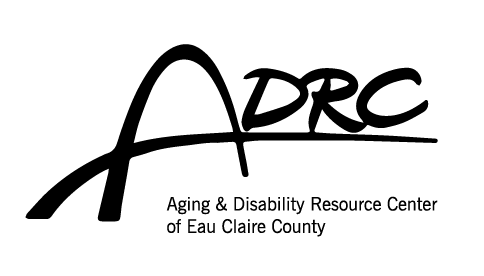It’s Time to Look at Medicare Changes
four things seniors need to know about the Medicare annual election period

Each year the Medicare Annual Election Period (AEP) occurs between Oct. 15 and Dec. 7. This is a crucial time for Medicare beneficiaries to review their current Part C (medical) and/or Part D (drug) plans. This can be confusing, so here are four things you need to know.
1. WHAT IS THE MEDICARE ANNUAL ELECTION PERIOD (AEP)?
Medicare Parts C and D plans are facilitated by private companies, not Medicare. You may assign your Medicare benefits to a private insurance company or Health Maintenance Organization (HMO). These plans are calendar year plans and you must abide by provider networks, co-pays, co-insurances, changing formularies (a list of prescription drugs that each plan covers) and fluctuating premiums. You have one chance a year to review your Part C or Part D plans for the following calendar year to make a change if necessary. Outside of the AEP you may only change your plan because of a special circumstance such as moving, entering a long-term care facility, or the termination of the plan.
2. WHAT TYPES OF MEDICARE PLANS CHANGE?
If you are enrolled into Original Medicare (Parts A and B) along with a Medicare Supplement (also known as a Medigap Plan) and you are happy with that plan, then you do not need to do anything. Just continue to pay your plan premium and it will operate the same year after year. If you are enrolled in a Medicare Part D plan (drug coverage), it may be beneficial to have your plan reviewed. Many things can change, including covered medications, tier levels, and preferred pharmacies. Don’t get caught in January with a medication that has been removed from the plan’s formulary. Just because a plan worked in 2018 doesn’t mean it will work for you next year. Medicare Part C plans also should be evaluated each year. Your local, independent agent is a great source for helping you compare plans.
3. HOW DO YOU LEARN ABOUT THE CHANGES?
If you are enrolled in a Part C or Part D plan, you will receive an Annual Notice of Change booklet by early October. You can also learn about plan changes by calling the plan or visiting the plan’s website. A link on medicare.gov titled “Find Health & Drug Plans” is a great tool for comparing prescription drug benefits. Also reaching out to your local Aging Disability Resource Center (ADRC) can be a great resource. However, seeking out a licensed insurance agent can be the fastest and easiest way to learn about the changes. Licensed insurance agents must certify annually with Medicare and each company they offer plans for. Thus dedicated, licensed insurance agents who specialize in the senior market have the most current resources of Medicare knowledge.
4. HOW DO YOU MAKE A CHANGE?
After reviewing all of your plan materials, you may decide a plan change is needed. Here’s how to make one:
Visit medicare.gov and enroll into a new plan via the “Find Health & Drug Plans” link.
Contact the plan directly to enroll over the phone or go to their website to enroll.
Schedule an appointment with a senior market licensed insurance agent. Using an agent assures that forms are filled out correctly, timeframes are followed, and you have a professional advocate for you. Agents services are paid for by the plan that you choose and do not affect the plan premiums. You should never pay a licensed agent for the time you spend with them.
Medicare does not need to be complicated as there are many resources available to help you. I hope this information gives you a good sense of the steps you may need to take during this year’s annual election period.
Josh Sterling is an agent with Insurance Associates in Eau Claire (insassoc.net).


